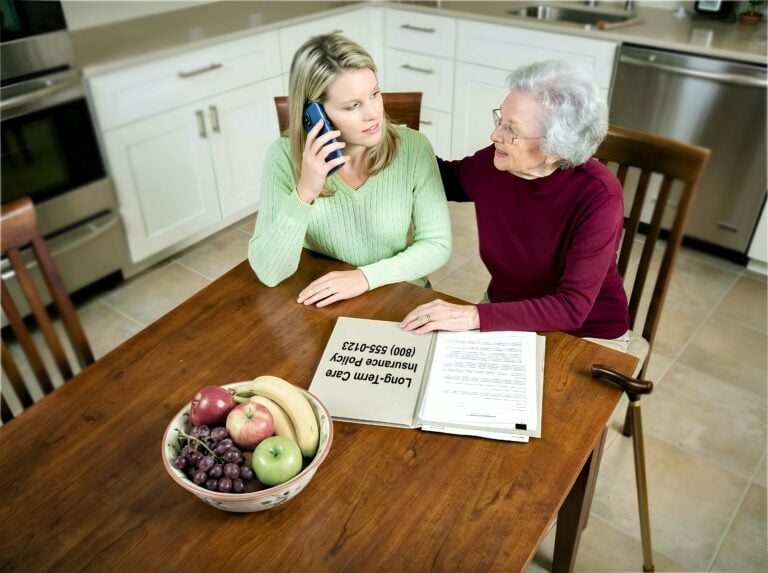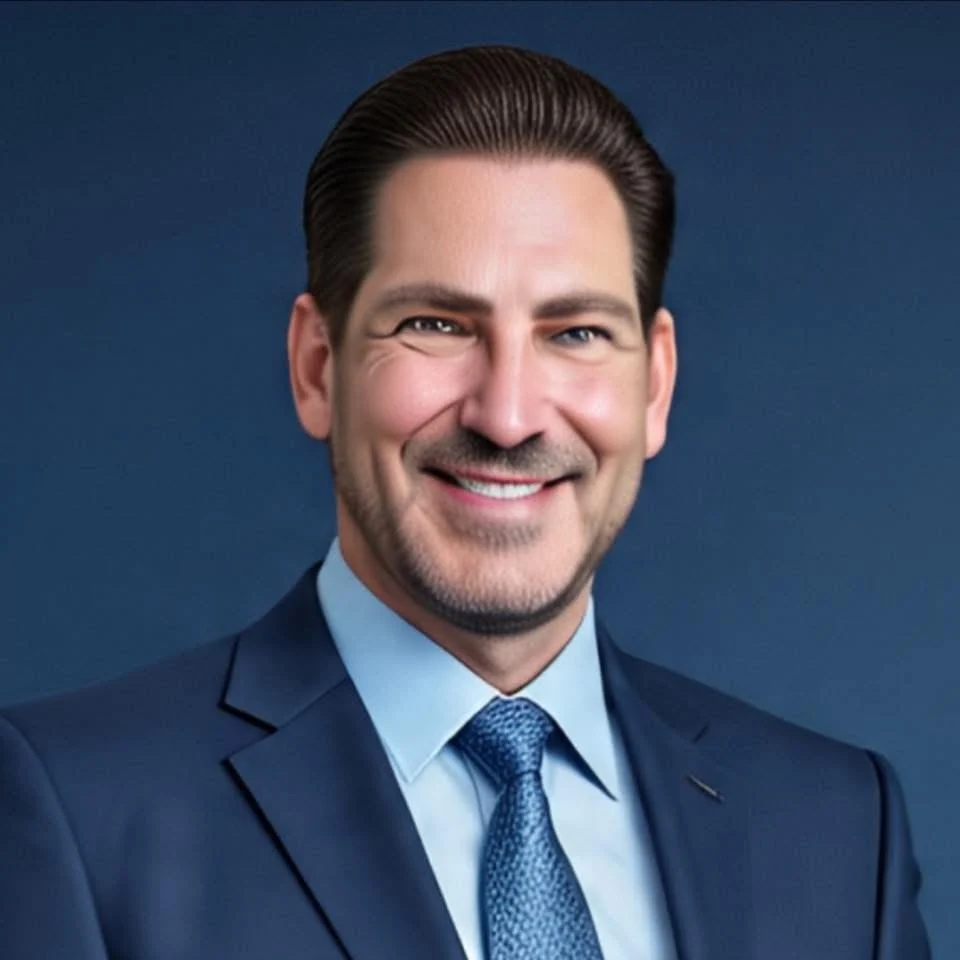Hiring a private in-home caregiver for an aging parent is one of the most significant decisions families make. As adult children caring for senior loved ones, it’s natural to feel both hopeful and anxious about bringing in outside help. You want the best care for your parent, but navigating this process can feel overwhelming.
Unfortunately, families in San Diego and throughout California often make common mistakes when hiring private caregivers—errors that can jeopardize a loved one’s safety and lead to serious legal and financial consequences. The good news is that these pitfalls are avoidable with the right knowledge and preparation.
This guide outlines the top five mistakes families make when hiring private caregivers and offers practical solutions to help your loved one receive quality care with real peace of mind.
1. Skipping Thorough Background Checks
The Mistake:
One of the most dangerous oversights in hiring a caregiver is failing to conduct proper background screening. It can be tempting to rely on personal referrals or gut feelings, especially when someone you trust recommends a caregiver. But hiring based only on referrals—without formal screening—creates real risk.
Why This Is So Dangerous:
Licensed home care agencies are required to thoroughly vet caregivers, which typically includes DOJ/FBI background checks and TB testing in California. When you hire privately, that responsibility falls entirely on you.
If a caregiver is unwilling to undergo a background check or “prefers” to work off the books, consider that a serious red flag. Neglecting to verify a caregiver’s history can lead to devastating outcomes, including theft, neglect, or elder abuse that may not be discovered until it’s too late.
The Solution:
✓ Run a comprehensive multi-state background check
✓ Call all references and verify employment history
✓ Confirm any credentials (CNA, HHA, etc.) if applicable
✓ Consider a licensed agency for pre-screened caregivers
2. Paying “Under the Table” to Avoid Taxes
The Mistake:
Many families pay private caregivers in cash without payroll records or tax withholding, assuming it’s simpler or cheaper. But “easy” cash arrangements can trigger major legal problems for both the family and the caregiver.
Why This Leads to Major Problems:
In most situations, household caregivers are legally classified as employees, not independent contractors. That means families are responsible for ensuring payroll compliance and compliance with labor laws.
In California, this can include:
✓ Payroll tax withholding and wage reporting
✓ Overtime compliance under the Domestic Worker Bill of Rights
✓ Itemized wage statements for each pay period
✓ Workers’ compensation coverage (mandatory in California)
Real-World Consequences:
A family may believe they are saving money, only to face wage demands for back pay, overtime, and penalties later—sometimes totaling tens of thousands of dollars.
The Ethical Dimension:
Paying legally helps ensure caregivers receive Social Security/Medicare credits, unemployment protections, and other benefits. Under-the-table arrangements deprive caregivers of these safeguards.
The Solution:
✓ Treat the caregiver as an employee and obtain an EIN
✓ Use a payroll service or consult a household-employment tax professional
✓ Purchase workers’ compensation coverage
✓ Track hours and overtime correctly from day one
3. Operating Without a Written Employment Agreement
The Mistake:
Families often begin care with only verbal agreements, assuming everyone shares the same understanding of the schedule, duties, and pay. Unfortunately, expectations can differ, and misunderstandings become far more likely without anything in writing.
Why This Creates Problems:
A written agreement protects both sides by clearly outlining expectations and preventing disputes about responsibilities, hours, overtime, and boundaries.
A clear agreement should include:
- Specific job duties (personal care, meal preparation, transportation, etc.)
- Work schedule and expected hours
- Hourly pay rate and overtime policies
- Time-off and sick leave policies (paid sick leave is required in California)
- House rules and boundaries (privacy, phone use, visitors, etc.)
Legal Requirements:
California requires written notice of basic employment terms at the time of hire, including pay rate and payday.
The Solution:
✓ Put the agreement in writing before the caregiver starts
✓ Keep it simple: duties, schedule, pay, overtime, boundaries
✓ Include “at-will” employment language
✓ Use a template or have an attorney review it affordably
4. Misclassifying the Caregiver as an “Independent Contractor”
The Mistake:
Some families classify caregivers as independent contractors because they’ve heard advice such as “Just 1099 them” or because the caregiver requests it. In California, this is a high-risk mistake.
Why This Is a Legal Trap:
California law makes it extremely difficult for in-home caregivers to qualify as independent contractors. In most cases, a caregiver hired directly by a family is legally an employee.
Serious Consequences:
Misclassification can lead to:
- Back taxes (Social Security, Medicare, and unemployment insurance)
- Unpaid overtime wages
- Penalties for failing to provide required benefits (including sick leave)
- Scrutiny from the IRS and California regulators
Once a claim is filed, investigations often quickly uncover misclassification—and “I didn’t know” typically does not shield families from liability.
The Solution:
✓ Treat the caregiver as an employee from the start
✓ Register as a household employer and follow payroll requirements
✓ If someone insists on being a contractor, consider other candidates
✓ When in doubt, consult a labor professional or use a licensed agency
5. Having No Backup Plan and Insufficient Oversight
The Mistake:
After finding a caregiver who seems like a great fit, families sometimes fall into a “set it and forget it” rhythm. This creates two major risks: the absence of a backup plan and insufficient ongoing oversight.
The Backup Plan Problem:
If a caregiver calls out sick, has an emergency, or quits unexpectedly, your loved one can be left without care. Without a Plan B, even a short gap can create safety risks.
The Oversight Problem:
Even trustworthy caregivers benefit from clear communication and accountability. Without regular check-ins, small issues can grow—medication timing errors, routine changes, or personality conflicts. In rare cases, lack of oversight can allow neglect or financial abuse to go unnoticed.
Why This Matters:
When you hire privately, you become the care manager. Unlike an agency, there is no built-in supervisor checking in, adjusting the plan, or providing backup coverage.
The Solution:
1. Create a contingency plan:
✓ Identify local agencies or reliable fill-in caregivers ahead of time
✓ Discuss call-out expectations and early notice with your caregiver
✓ Consider training a secondary caregiver as an “on-call” option
2. Establish regular oversight:
✓ Schedule weekly check-ins with your loved one and the caregiver
✓ Review daily notes or a simple care log
✓ Encourage your loved one to speak up about comfort and boundaries
✓ Use reasonable precautions (secure valuables, monitor accounts)
Moving Forward with Confidence
Hiring a private caregiver can be life-changing—especially when families avoid common pitfalls. By thoroughly vetting caregivers, managing the legal and financial responsibilities correctly, documenting expectations in writing, and staying engaged over time, you can protect your loved one and improve the quality of care.
If this feels overwhelming, remember that help is available. Many San Diego families consult elder care professionals, payroll experts, or licensed home care agencies for guidance—especially around compliance and caregiver management.
Whatever route you choose, staying informed and proactive will bring peace of mind. You’ll feel reassured knowing you’re providing compassionate care while reducing avoidable risks.
Caring for an elderly parent is a journey. With the right preparation and support, you can navigate it confidently and safely for everyone involved.






